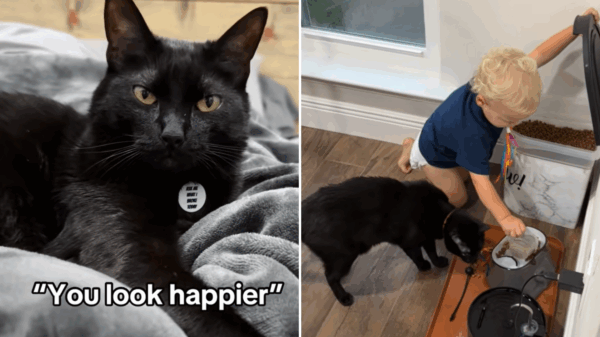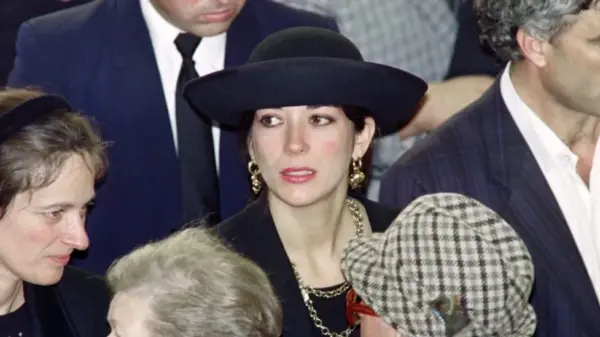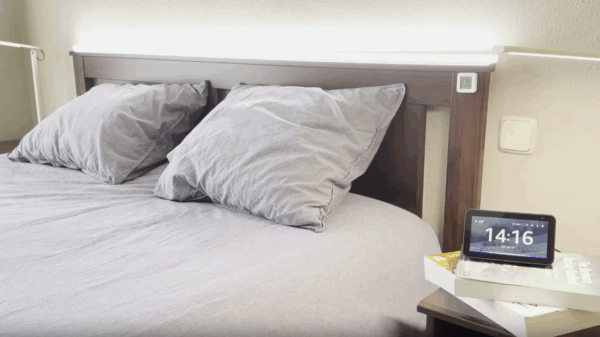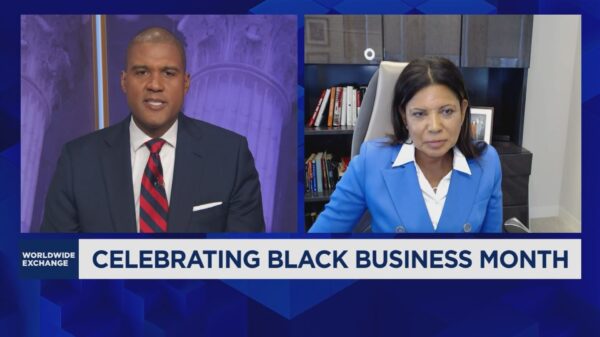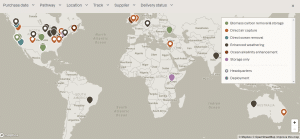A grandmother’s attempt to strengthen bonds with her grandchildren has led to feelings of isolation and regret. A letter to the popular advice column “Dear Abby,” written by a grandmother from Tennessee, reveals the emotional turmoil she faces after moving 2,000 miles to be closer to her family. The decision, initially seen as a way to forge stronger connections, has instead left her feeling alienated.
Strained Family Dynamics
The grandmother, who identifies herself as “Outsider in Tennessee,” expresses dismay over the apparent preferential treatment given to her daughter-in-law’s parents. She notes how they receive special outings and photo opportunities with the grandchildren, while her own attempts at bonding go unnoticed. “It’s like she wants her parents to be the only ones who have a special relationship with the grandkids,” she wrote, revealing the deep emotional impact of her experience.
Prior to her move, she struggled with work commitments that limited her ability to visit her grandchildren. Now, despite her relocation, the grandmother feels her efforts to integrate into the family have not been reciprocated. Her situation raises questions about family dynamics and the importance of communication.
Seeking Guidance
In response, Abigail Van Buren, also known as Jeanne Phillips, offered her insights. She suggested that the grandmother should discuss her feelings with her son. “Before I render any judgments, it would have been helpful to know if you discussed your ‘possible’ move to Tennessee with him and his wife,” Phillips stated. She emphasized the importance of open dialogue, indicating that if the family had welcomed her move but still excluded her, they should be held accountable.
Phillips also proposed family counseling as a potential avenue for healing. If this is not an option, she encouraged the grandmother to consider relocating once more to a place where she feels valued and connected. This response highlights the complex nature of familial relationships and the challenges faced by those trying to maintain connections across generations.
In a separate letter, a reader raised concerns about the common response to expressions of sympathy. The reader noted that when offering condolences, some individuals reply with phrases like “It’s not your fault,” which can feel dismissive. Phillips acknowledged that personal pet peeves are common and suggested that the reader politely clarify their intentions during such interactions.
As the column continues to resonate with readers, it emphasizes the significance of communication in building and maintaining familial relationships, as well as how expressions of empathy can be perceived differently by individuals. “Dear Abby” remains a trusted source of advice, founded by Pauline Phillips and carried on by her daughter, Jeanne Phillips. For further inquiries, readers can contact “Dear Abby” at www.DearAbby.com or P.O. Box 69440, Los Angeles, CA 90069.




